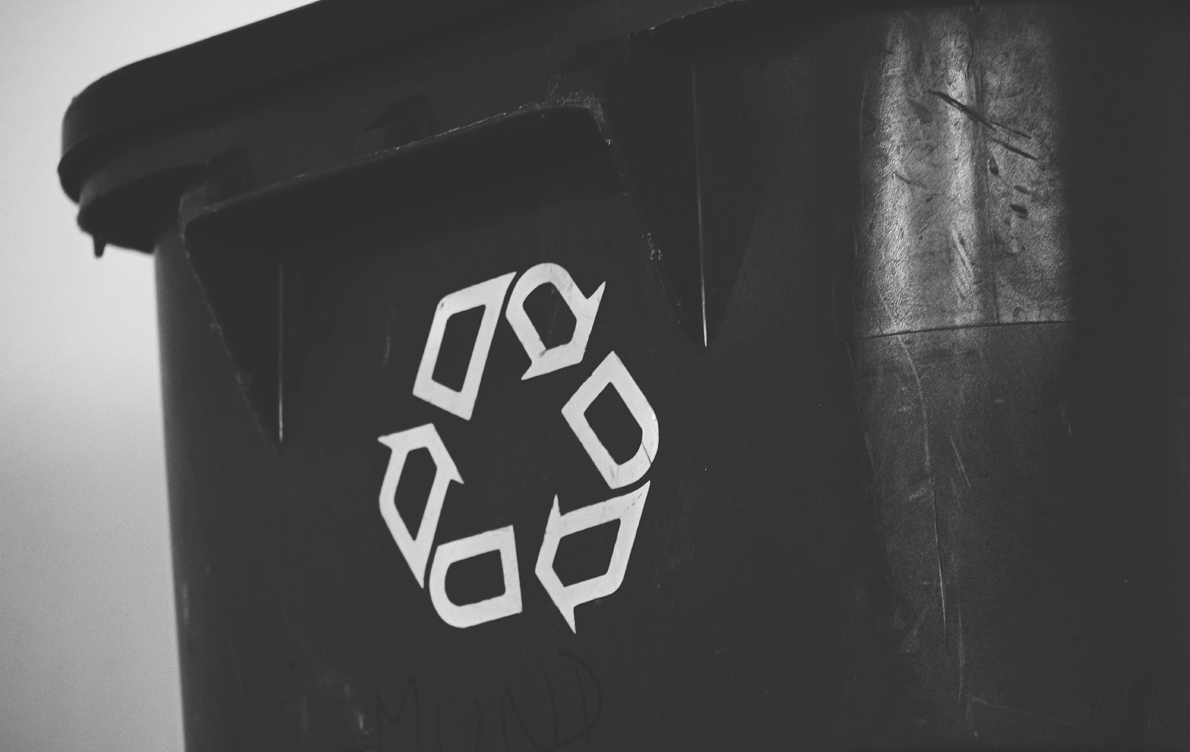NJ Proposes A Licensed Site Professional Program
On June 5, 2008, new legislation was introduced to address the overburdened New Jersey Department of Environmental Protection (“DEP”)’s current staff and budget constraints by expediting its report review process. Introduction of the Bill, sponsored by Senator Bob Smith, followed hearings before the State Senate Environment Committee and Assembly Environment and Solid Waste Committee at which the DEP recommended many of the proposed reforms set out in the Bill. An updated version of the Bill was issued on January 26, 2009, which was considered by the State Senate Environment Committee on February 2, 2009. The Bill proposes changes to the DEP Site Remediation Program that include the creation of a Licensed Site Professional (“LSP”) program. The LSPs are environmental consultants with specified education and experience who perform investigations and remediation at sites in New Jersey.
The Bill identifies who may become LSPs, establishes their qualifications, licensing procedures, a code of conduct and defines their role in the remediation process. In addition, the Bill establishes a separate Site Remediation Professional Licensing Board (“Board”), which is tasked with creating standards for education, training and experience that will be required of any person who applies for a license or a license renewal. The Board conducts examinations to certify that an applicant possesses sufficient knowledge of the state regulations, standards and requirements applicable to site remediation and the applicant is qualified to obtain a license or a license renewal.
Since it will take some time for this legislation to be fully developed and implemented, after enactment of the Bill, it will provide for temporary licensing of LSPs . The Bill anticipates the applications for temporary LSP licenses will be submitted to the DEP within three (3) months of its effective date. Those seeking a temporary LSP license must have the same qualifications as a full LSP, as well as one of several professional certifications (i.e., certified hazardous materials manager from the Institute of Hazardous Materials Management, a certified groundwater professional from the National Groundwater Association, a licensed professional engineer from the National Council of Examiners for Engineers). Further, an applicant for a temporary LSP license must show that they have existing current site remediation experience.
Within ninety (90) days of the effective date of the Bill, any submissions concerning the remediation of a contaminated site must be signed and certified by an LSP. The LSP certification required under the Bill will state that the work was performed, that the LSP managed, supervised or performed the work and that the work and submission conform to the Technical Requirements for Site Remediation, N.J.A.C. 7:26E-1 et seq.
The level of coordination between the LSP and the DEP depends on the ranking of the individual site. The Bill establishes a 4-tier classification system for remediation sites.
Tier-1: A responsible party has been recalcitrant and has failed to complete the remedial investigation after an extended period of time. DEP would review and approve/disapprove all LSP submissions and select the remedial action. Financial assurance would be required in the form of a trust fund, with DEP to pre-approve any payments out of the trust fund.
Tier-2: High priority sites for economic development; or within brownfield development areas (commercial or industrial sites that are vacant or underutilized and contaminated) or other economic development priority areas; or posing significant detrimental impact on the public or the environment; or effecting sensitive populations such as child care or school facilities; or subject of federal oversight. DEP would review and approve/disapprove all LSP submissions.
Tier-3: Sites that are not Tier-1, Tier-2 or Tier-4 sites. DEP would review screening documents and certifications submitted by the LSP.
Tier-4: Leaking unregulated heating oil tanks provided there are no immediate concerns such as impact on drinking water wells or vapor intrusion risks. DEP would review required checklists and certifications.
As Tier-1, Tier-2 and Tier-3 sites are more complex, they require the involvement of LSPs, while a Tier-4 site could also be managed by a person certified to perform services at a site of an underground storage tank such as a subsurface evaluator. However, any responsible party would be allowed to submit a Preliminary Assessment/Site Investigation for sites where a no further action letter is sought from DEP based on a showing that no contamination above prevailing standards exists.
The proposed Bill is designed to streamline the DEP’s review of environmental reports, so that transactions are not delayed due to the lack of responsiveness from the DEP. We shall see whether New Jersey can join states like Connecticut and Massachusetts, where effective LSP programs are run.
No aspect of this advertisement has been approved by the highest court in any state.
Results may vary depending on your particular facts and legal circumstances.
As the law continues to evolve on these matters, please note that this article is current as of date and time of publication and may not reflect subsequent developments. The content and interpretation of the issues addressed herein is subject to change. Cole Schotz P.C. disclaims any and all liability with respect to actions taken or not taken based on any or all of the contents of this publication to the fullest extent permitted by law. This is for general informational purposes and does not constitute legal advice or create an attorney-client relationship. Do not act or refrain from acting upon the information contained in this publication without obtaining legal, financial and tax advice. For further information, please do not hesitate to reach out to your firm contact or to any of the attorneys listed in this publication. No aspect of this advertisement has been approved by the highest court in any state.
Join Our Mailing List
Stay up to date with the latest insights, events, and more





